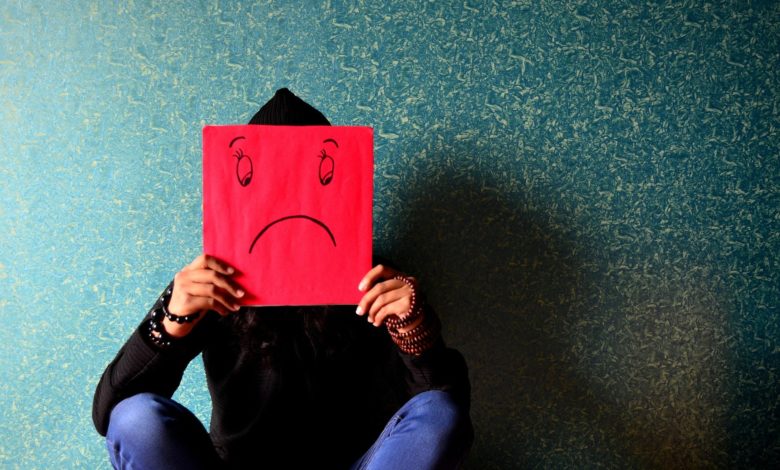CUHK Study Discovers Brain Circuitry That Generates Behavioural Responses to Stress

Scratching the head or rubbing the hands repeatedly is common, unconscious behaviour when people are facing stress. Neuroscientists from the School of Biomedical Sciences and the Gerald Choa Neuroscience Centre of the Faculty of Medicine at The Chinese University of Hong Kong (CU Medicine) have discovered a mammalian brain circuitry underlying our ability to generate adaptive responses when facing stress with strong negative emotions. The result of the study was recently published in the renowned international scientific journal Nature Communications.
Stress-associated repetitive behaviour is common in animals including humans
Stress is common in life. Clearly, we are stressed in an aversive or threatening environment. We could also feel stressed when we have to handle multiple tasks at the same time. Even if we are just confined to a limited space for some time, we could develop stress. Prolonged exposure to these and other types of stressors that cause emotional upheaval could be harmful if we cannot respond appropriately. Therefore, whether we can handle stress efficiently could make a difference to our mental well-being and therefore health.
Read the full article from CUHK Press Release




